All Stories
-
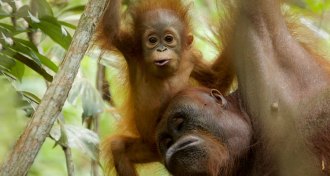 Animals
AnimalsOrangutans take motherhood to extremes, nursing young for more than eight years
Weaning in orangutans has been tricky to see in the wild, so researchers turned to dental tests to reveal long nursing period.
By Susan Milius -
 Life
LifeJumping genes are part of all that makes us human
Ask 10 people what makes humans human and you’ll probably get 10 different answers — and then some.
-
 Health & Medicine
Health & MedicineReaders ponder the randomness of DNA errors
Readers sent feedback on cellular slip-ups, moon mayhem and more.
-
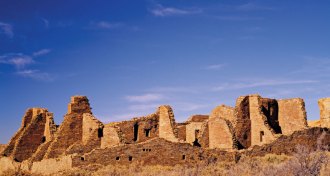 Archaeology
ArchaeologyChaco Canyon’s ancient civilization continues to puzzle
A dynasty may have risen from the dead in an ancient Chaco great house.
By Bruce Bower -
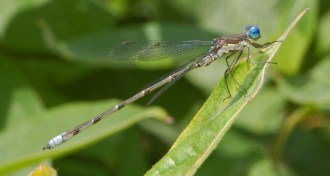 Climate
ClimateHigher temperatures could trigger an uptick in damselfly cannibalism
Experiments in the lab suggest that increases in temperature could indirectly lead to an increase in cannibalistic damselfly nymphs.
-
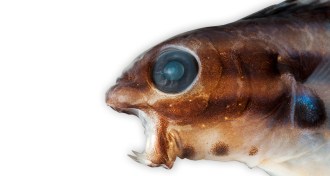 Animals
AnimalsBlennies have a lot of fang for such little fishes
Unlike snakes, blennies evolved fangs before venom, through probably not because of any need to hunt big prey.
By Susan Milius -
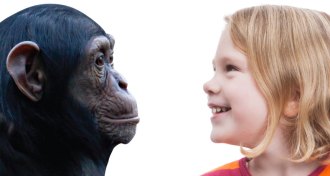 Genetics
GeneticsJumping genes play a big role in what makes us human
Jumping genes have been a powerful force in human evolution.
-
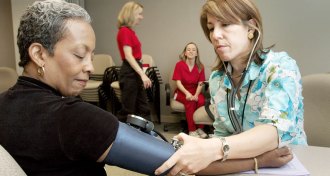 Health & Medicine
Health & MedicineWhere you live can affect your blood pressure, study suggests
For black adults, moving out of a racially segregated neighborhood is linked to a drop in blood pressure, a new study finds.
-
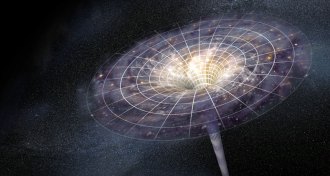 Physics
PhysicsNaked singularity might evade cosmic censor
Physicists demonstrate the possibility of a “naked” singularity in curved space.
-
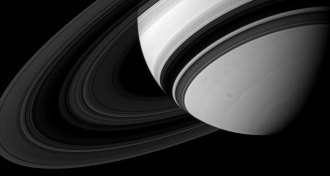 Science & Society
Science & SocietyThe first Cassini to explore Saturn was a person
Cassini, the spacecraft about to dive into Saturn, was named for the astronomical pioneer who first perceived the gap between the planet’s famous rings.
-
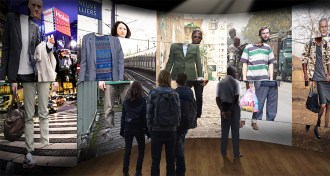 Science & Society
Science & SocietyNew museum exhibit explores science of racism
“Us and Them,” a new exhibit at the Musée de l’Homme in Paris, draws on genetics, psychology, anthropology and sociology to examine why racism and prejudice persist.
-
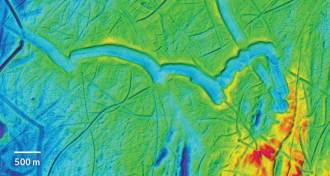 Earth
EarthStunning images reveal glacial landscapes under the oceans
The most detailed atlas of the seafloor ever compiled offers colorful imagery and ghostly glimpses of Earth’s glacial past.
By Beth Geiger